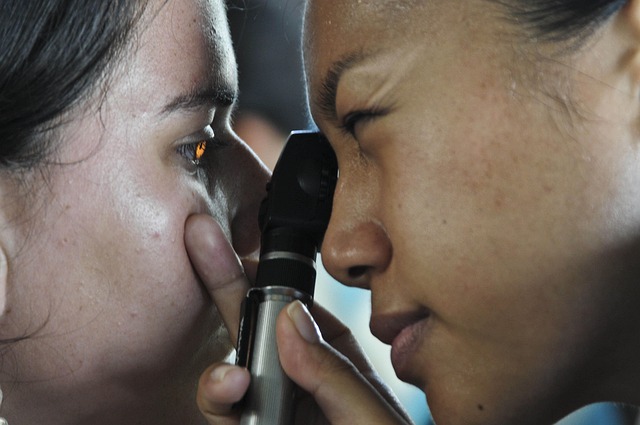Hemoglobinuria Warning Signs – Know When to Seek Help
Hemoglobinuria can be a sign of underlying health issues, but its early symptoms often go unnoticed. From unusual urine color to unexplained fatigue, recognizing these warning signs early can help prevent complications. Learn when it’s time to consult a doctor.

What Are Early Signs of Hemoglobinuria You Might Overlook?
The most notable early sign of hemoglobinuria is dark or cola-colored urine, especially noticeable in the morning or after physical activity. However, several subtle symptoms might go unnoticed, including:
-
Unexplained fatigue or weakness
-
Pale skin or unusual paleness
-
Shortness of breath during normal activities
-
Mild abdominal discomfort
-
Headaches and dizziness
How Hemoglobinuria Could Indicate a Deeper Health Issue
Hemoglobinuria often serves as a warning sign for various underlying conditions. It may indicate:
-
Paroxysmal nocturnal hemoglobinuria (PNH)
-
Autoimmune disorders
-
Blood vessel injuries
-
Severe infections
-
Complications from certain medications
Understanding these connections helps healthcare providers determine the appropriate diagnostic approach and treatment plan.
Important Diagnostic Steps for Detecting Hemoglobinuria Early
Proper diagnosis involves several key steps:
-
Comprehensive urinalysis
-
Blood tests to check hemoglobin levels
-
Flow cytometry for PNH diagnosis
-
Kidney function tests
-
Imaging studies when necessary
Early detection through these diagnostic tools enables more effective treatment strategies.
Myths About Hemoglobin in Urine and How to Approach Them
Common misconceptions about hemoglobinuria can delay proper treatment. Here are important facts:
-
Dark urine doesn’t always indicate hemoglobinuria
-
The condition isn’t always permanent
-
Exercise-induced cases may be temporary
-
Not all cases require immediate emergency care
-
Diet alone usually cannot resolve the condition
Treatment Options and Healthcare Provider Considerations
Treatment approaches vary based on the underlying cause and severity of symptoms:
| Treatment Approach | Provider Type | Typical First Steps |
|---|---|---|
| Medical Management | Hematologist | Blood tests, monitoring |
| Complement Inhibitor Therapy | Specialist Center | Eligibility assessment |
| Supportive Care | Primary Care | Symptom management |
| Emergency Treatment | ER Department | Acute care for severe cases |
Prices, rates, or cost estimates mentioned in this article are based on the latest available information but may change over time. Independent research is advised before making financial decisions.
Treatment costs can vary significantly depending on the specific therapy needed and insurance coverage. Complement inhibitor therapy, often used for PNH, may require special authorization from insurance providers.
The management of hemoglobinuria requires ongoing monitoring and adjustments to treatment plans. Regular follow-up appointments with healthcare providers help ensure optimal outcomes and early detection of any complications. While some cases may resolve with appropriate treatment, others may require long-term management strategies.
This article is for informational purposes only and should not be considered medical advice. Please consult a qualified healthcare professional for personalized guidance and treatment.




